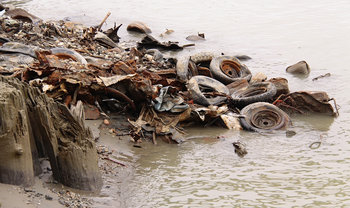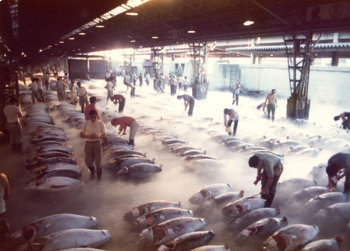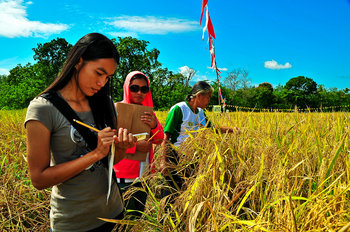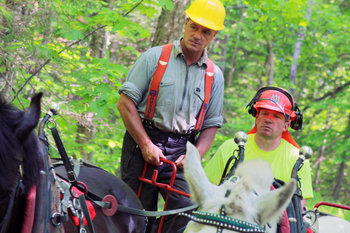Economic Bads
An economic bad is an undesirable output of your operations such as pollution or a workplace injury. Historically, firms produced economic goods and weren't libel for many economic bads such as air pollution from a vehicle or factory. This is likely to change whereby economic bads will become a cost that can be minimized to maximize profits. For example, a factory that produces widgets that they sell for $1 that produces $4 in air pollution per widget would not be profitable if they had to pay the full costs of their operations. Such a firm can not expect to be part of the future unless they reduce their economic bads by driving their air pollution towards zero.Compliance
Meeting and exceeding all regulations related to your impact on communities, stakeholders and the environment. For example, a farmer who phases out use of a potentially dangerous agrochemical three years before this becomes a requirement.Extended Producer Responsibility
Extended producer responsibility is the principle that producers are responsible for the end-to-end environmental impact of products including products that become pollution. For example, a cosmetics firm that replaces microplastic beads in a product that end up in water systems with recycled coffee grounds.Circular Economy
Circular economy is the implementation of closed loop systems whereby nothing becomes waste. For example, an ecommerce company that delivers all packages in reusable plastic boxes that have a deposit such that customers have incentive to return them to delivery drivers.Waste is Food
Waste is food is the principle that operations not emit anything into the environment that isn't a healthy food for an organism.Stakeholder Capitalism
Historically, firms adopted a mission of maximizing profits and defending the assets of a firm in the interests of investors. This is now commonly extended whereby firms are also expected to defend the interests of other stakeholders such as employees, customers and the communities in which they operate.Sustainability
Sustainability is the practice of building an organization for the future as opposed to selling out the future to meet short term incentive targets. For example, an oil company that heavily invests in solar energy technology that is likely to survive into the future.Resilience
Resilience is the design of things to withstand stress. For example, an organization that holds monthly drills whereby the entire firm works from home with targets to maintain productivity on these days. This may allow a firm to continue to operate when major disruptions such as a disaster occur. Resilience defends the interests of stakeholders. For example, employees who don't get laid off in a disaster because the firm remains productive.Good Business
Good business is the adoption of a mission and strategy that make the world a better place. For example, a convenience store chain that serves healthy food for free to low income children with an ongoing program that fights child poverty and malnutrition in the neighborhoods in which they operate.Notes
Social obligation extends to a firm's total impact including their partners and investments. For example, a firm can't outsource the polluting parts of its business and then pretend to have a positive environmental impact.| Overview: Social Obligation | ||
Type | ||
Definition | The requirement that organizations have a positive impact on people and planet. | |
Better Known As | ||
Related Concepts | ||





























